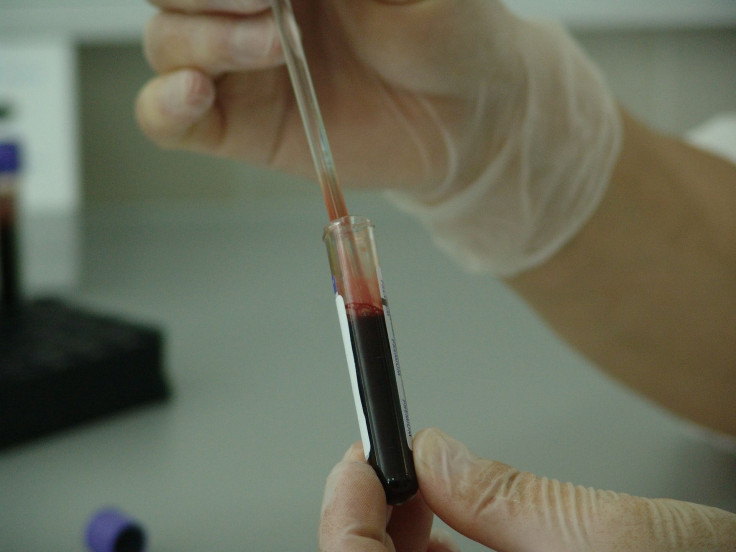5 Reasons Why Genetic Screening During Pregnancy Is Important

Genetic testing during pregnancy aka prenatal genetic testing offers parents-to-be clarity about whether or not their child has any genetic disorder.
Genetic disorders occur as a result of changes in your genes or chromosome. Common genetically inherited conditions include sickle cell disease, Tay-Sachs disease, Cystic fibrosis, etc.
Prenatal tests for genetic disorders are of two types- prenatal screening tests and prenatal diagnostic tests. The different types of prenatal genetic screening include Carrier screening, cell-free DNA testing, first-semester screening, second-semester screening, and combined first- and second-trimester screening.
While most of these tests are entirely optional, it can help you make healthy decisions and make you informed about what to be expecting when your baby arrives.
Here are some important reasons why you should get prenatal screening during pregnancy:
- Prenatal genetic screening helps find out if your child might be at risk of birth defects, rare genetic and genomic disorders including Down syndrome, spina bifida, etc.
- Since the screening can be done during early pregnancy, parents get to decide if they want to terminate or proceed with the pregnancy, after knowing the results of genetic screening tests.
- When parents find out that their child might be at risk of acquiring certain genetic disorders, it gives them time to not only learn about the disorder but also plan for medical care that their child might require. In case of extremely serious conditions, especially ones with a short life expectancy, they can plan hospice care for the baby.
- Prenatal genetic screening via technologies like chromosomal microarray analysis (CMA) and next-generation sequencing (NGS) help discover the causes of intellectual disability and other birth defects in an unborn child.
- While prenatal diagnostic tests are done on cells from the fetus or placenta and pose certain risks for the pregnancy, prenatal genetic screening tests do not harm the developing fetus or the pregnancy. They only include drawing of the pregnant woman’s blood and findings from ultrasound exams.
And not all genetic screening is done during pregnancy. There are a few tests that could be done even prior to planning a pregnancy. It will inform whether the parents might be a carrier of any genetic conditions including sickle cell anemia or cystic fibrosis that might be inherited to the next generation.
© Copyright IBTimes 2025. All rights reserved.






















